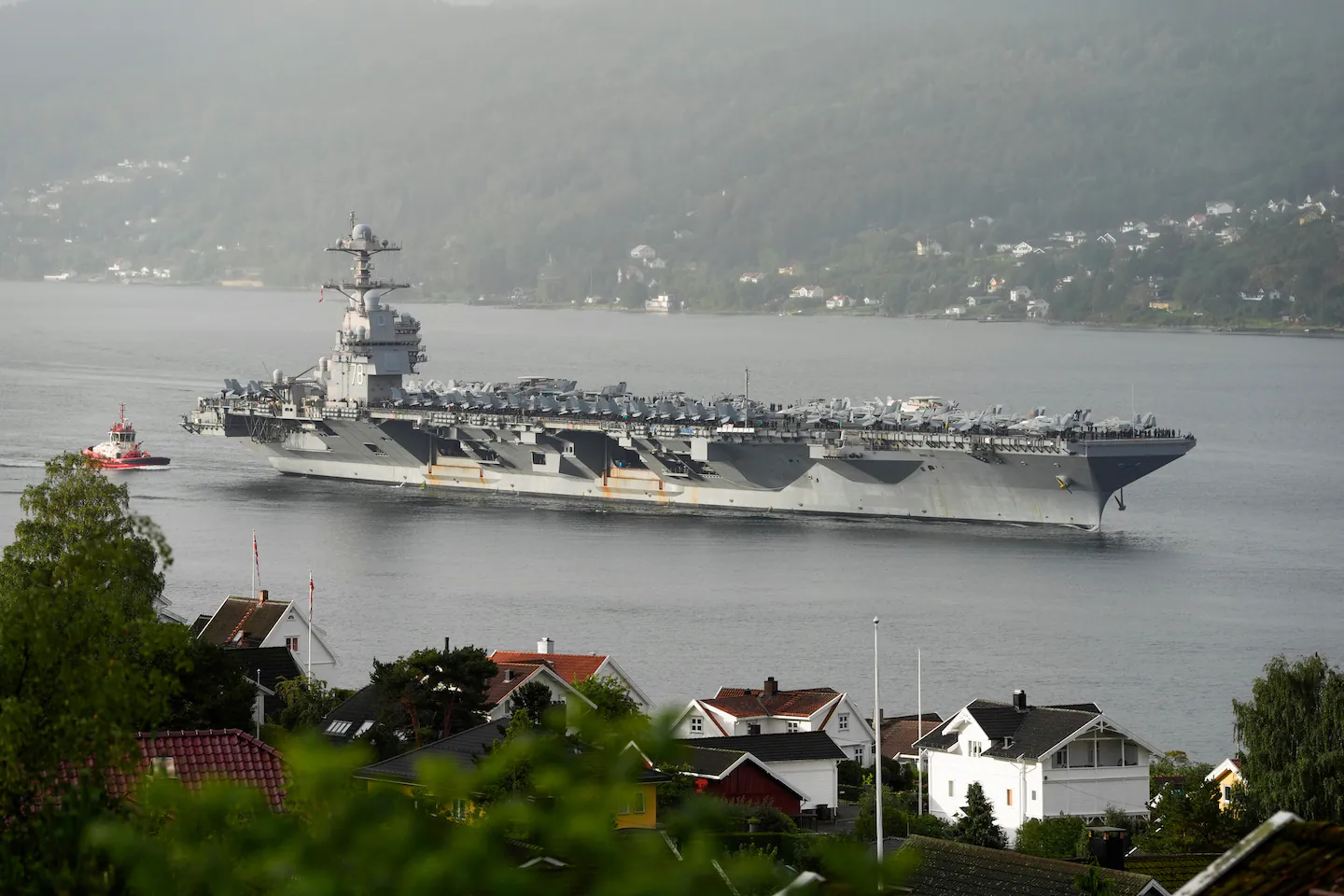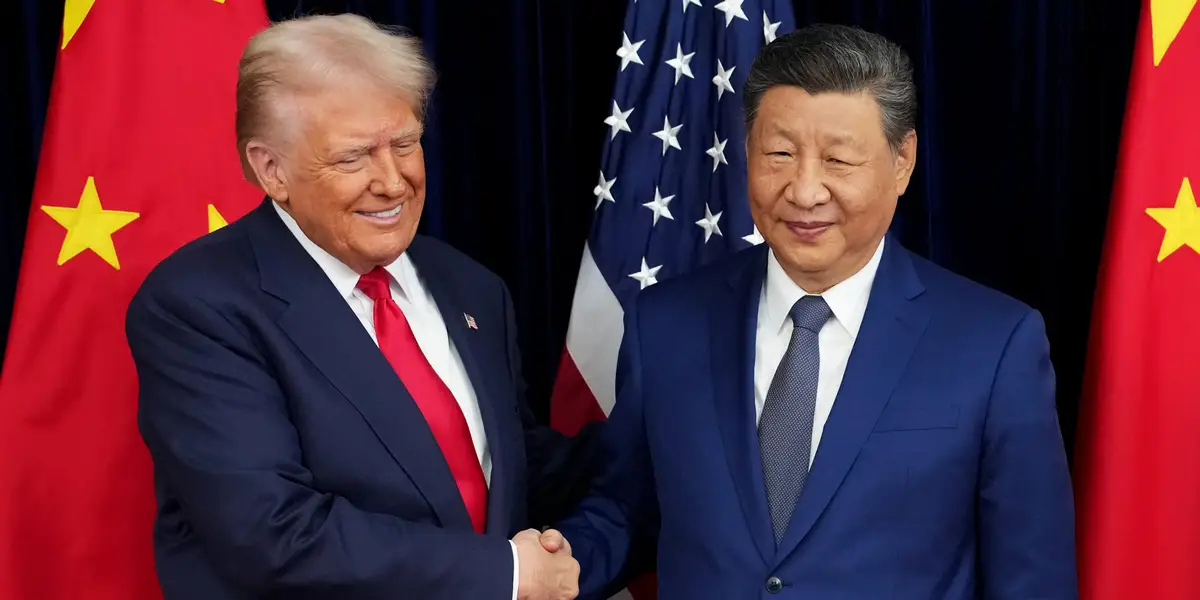Copyright The Boston Globe

Top officers, including Admiral Alvin Holsey, the head of Southern Command, sought caution on such strikes, according to two people, who like several others interviewed for this story spoke on the condition of anonymity because of the matter’s sensitivity. Holsey wanted to make sure any option presented to the president was fully vetted first, one person said. In October, he abruptly announced he was resigning at year’s end, which will be about a year into what is typically a three-year assignment. A Pentagon spokesman, Sean Parnell, has previously denied that Holsey had “hesitation or any concerns” about the mission. A spokesperson for Holsey said he had no information to provide about such discussions. In a statement to the Post Wednesday, Parnell said, “current operations in the Caribbean are lawful under both U.S. and international law,” with all actions in “complete compliance with the law of armed conflict.” “Lawyers up and down the chain of command have been thoroughly involved in reviewing these operations prior to execution,” he said, adding that personnel have “the opportunity to disagree.” Despite that, Parnell said, “no lawyer involved has questioned the legality of the Caribbean strikes and instead advised subordinate commanders and [Defense] Secretary [Pete] Hegseth that the proposed actions were permissible before they commenced.” A Justice Department spokesman said: “The [boat] strikes were ordered consistent with the laws of armed conflict, and as such are lawful orders,” “Military personnel are legally obligated to follow lawful orders and, as such, are not subject to prosecution for following lawful orders.” The opinion, which runs nearly 50 pages, also argues that the United States is in a “non-international armed conflict” waged under the president’s Article II authorities, a core element to the analysis that the strikes are permissible under domestic law. The armed-conflict argument, which was also made in a notice to Congress from the administration last month, is fleshed out in more detail by the OLC. The opinion also states that drug cartels are selling drugs to finance a campaign of violence and extortion, according to four people. That assertion, which runs counter to the conventional wisdom that traffickers use violence to protect their drug business, appears to be part of the effort to shoehorn the fight against cartels into a law-of-war framework, analysts said. “I don’t know anywhere else in domestic law or international law, for that matter, that anyone’s argued that introducing drugs into a country is the sort of organized violence that can trigger an armed conflict and give the nation the right to kill people merely because they’re part of an alleged enemy force,” said Martin Lederman, a deputy OLC assistant attorney general during the Obama administration who now teaches at Georgetown Law. Adam Isacson, a scholar at the Washington Office on Latin America, said “there is no proof” that the gangs are using drug profits with the intent of promoting violence or mayhem in the United States. “These groups are businesses,” he said. “If they are carrying out violence in the United States, they are doing it for profit, not for the purpose of sowing terror.” The Trump administration has also charged that Nicolás Maduro, the president of Venezuela, heads a narcotics cartel, as the United States has amassed close to 15,000 troops in the region, including personnel spread across roughly a dozen warships. The arrival this week of the USS Gerald R. Ford aircraft carrier in waters near Latin America has prompted Venezuela to put the entire country’s military arsenal at the ready, as the US naval buildup fuels speculation that the Trump administration intends to dramatically escalate its deadly counternarcotics campaign there. Democratic lawmakers who have read the memo said the legal analysis was not convincing. “It reads as if you gave a lawyer an assignment: Give me the best possible rationale for why this is legal - be as inventive as you like,” Senator Adam Schiff, Democrat of California, a former federal prosecutor, told reporters last week. “If that opinion were to be adopted, it would not constrain any use of force anywhere in the world. I mean, it is broad enough to authorize just about anything.” He added that he saw legal risk to service members for participating in these operations. “I would certainly not want to rely on the rationale I’ve read,” Schiff said. The OLC’s apparent attempt to allay concerns that the US military might be exposed to prosecution is reminiscent of the George W. Bush administration’s OLC response to top military lawyers’ concerns about harsh interrogation techniques used on suspected terrorist detainees after al-Qaeda’s attacks on Sept. 11, 2001, analysts say. In a 2003 memo that has since been declassified, John Yoo, then an OLC deputy assistant attorney general, addressed concerns that the techniques violated statutes prohibiting torture. “Even if these statutes were misconstrued to apply to persons acting at the direction of the president … the Department of Justice could not enforce this law or any of the other criminal statutes … against federal officials acting pursuant to the president’s constitutional authority to direct a war,” he wrote. Then, as now, said Rebecca Ingber, a former State Department attorney and law-of-war expert, field personnel are being asked to conduct activities that are “unprecedented and, frankly, unlawful.” Asserting that a practice is legal does not necessarily make it so, though in practice, an OLC opinion “may well serve as a hurdle to a future Department of Justice prosecution,” she said. A future OLC could withdraw the memo, as the Obama administration did with memos justifying the use of harsh interrogation techniques written by the Bush-era OLC. But the Obama Justice Department still declined to prosecute personnel who had relied on them. With its boat strikes against alleged narco-traffickers, the Trump administration has sought to graft the language and framework of the two-decade-long battle against international terrorism - the “global war on terrorism” - onto what has generally been viewed as a criminal law enforcement problem.



